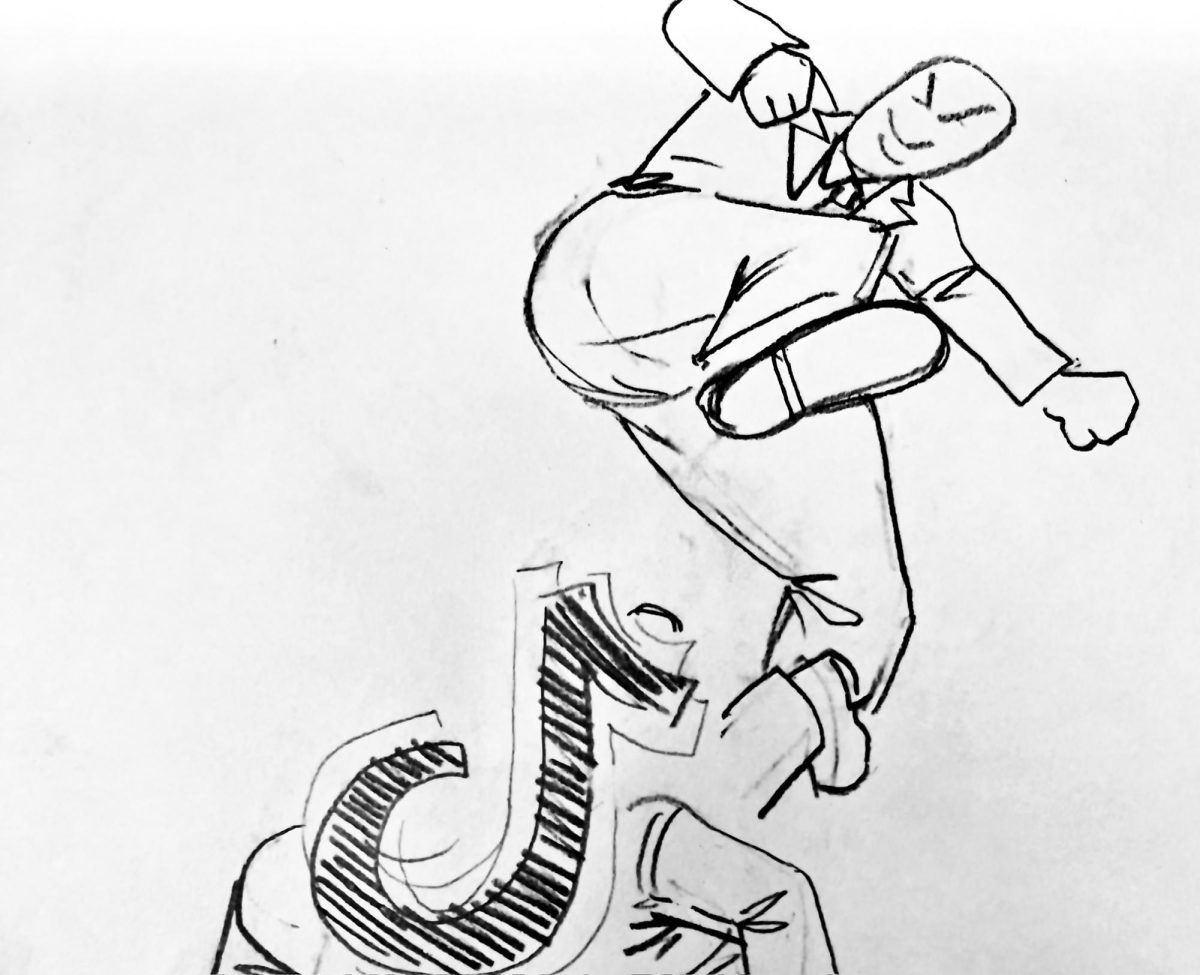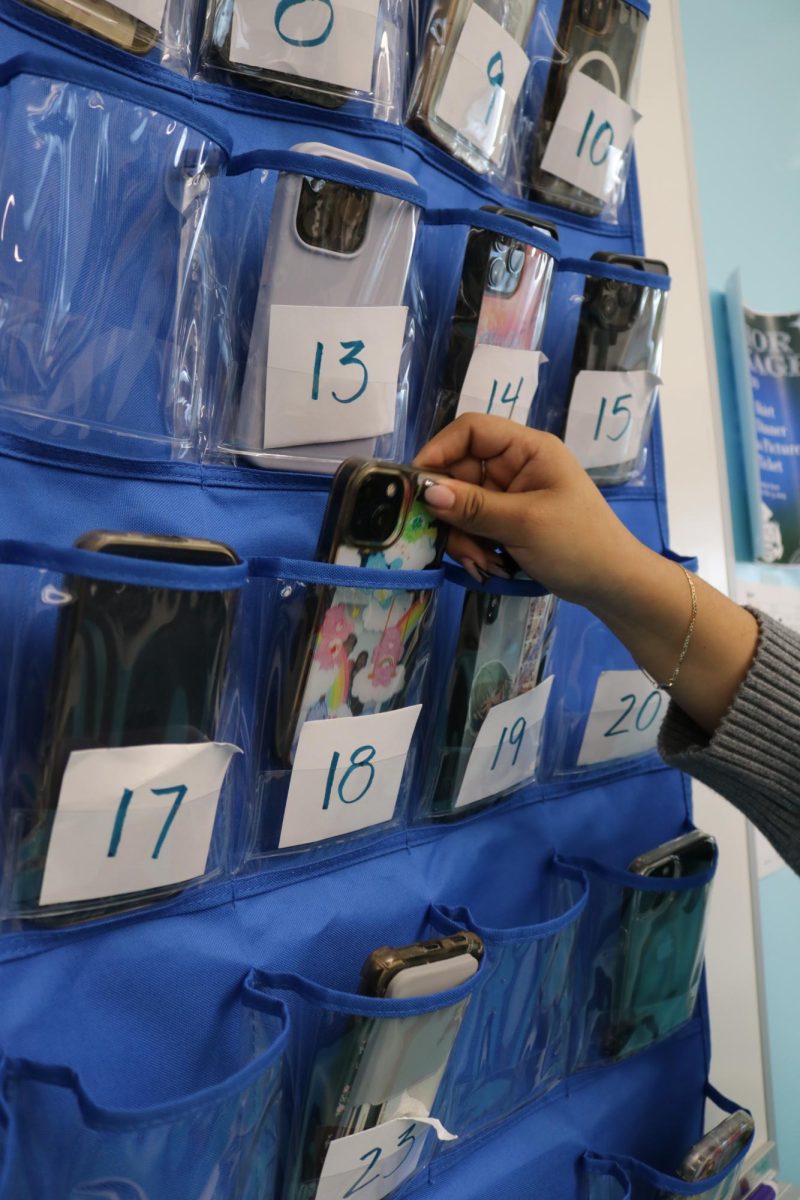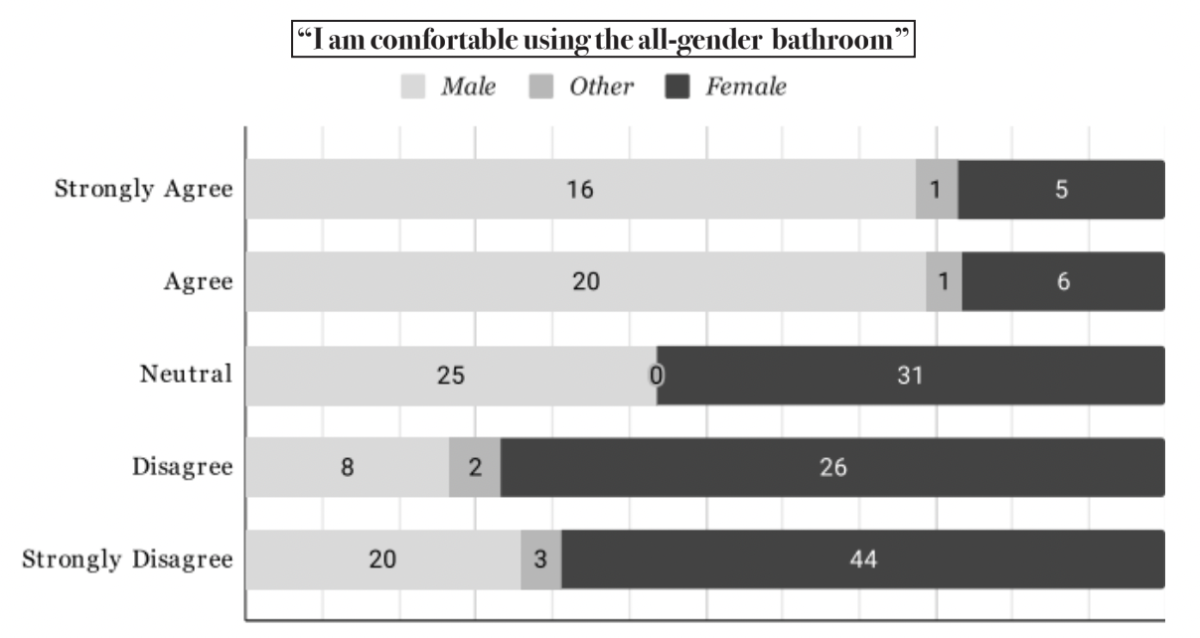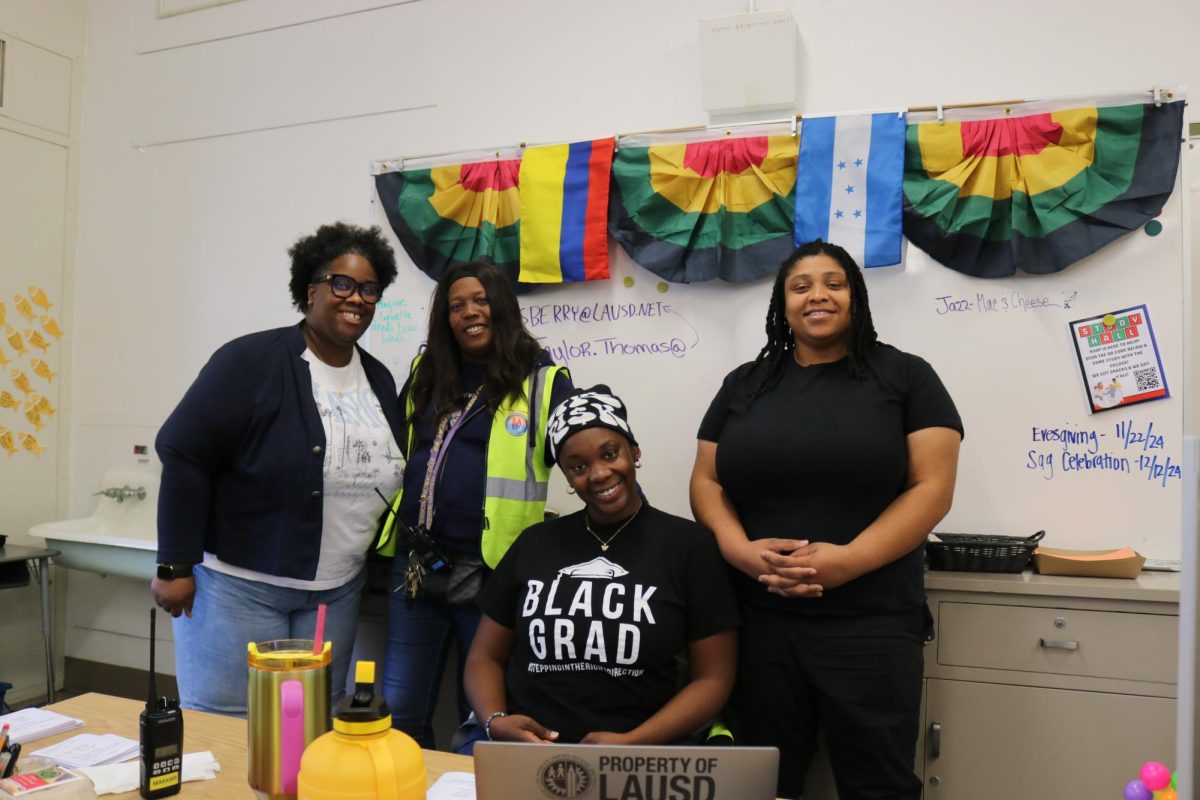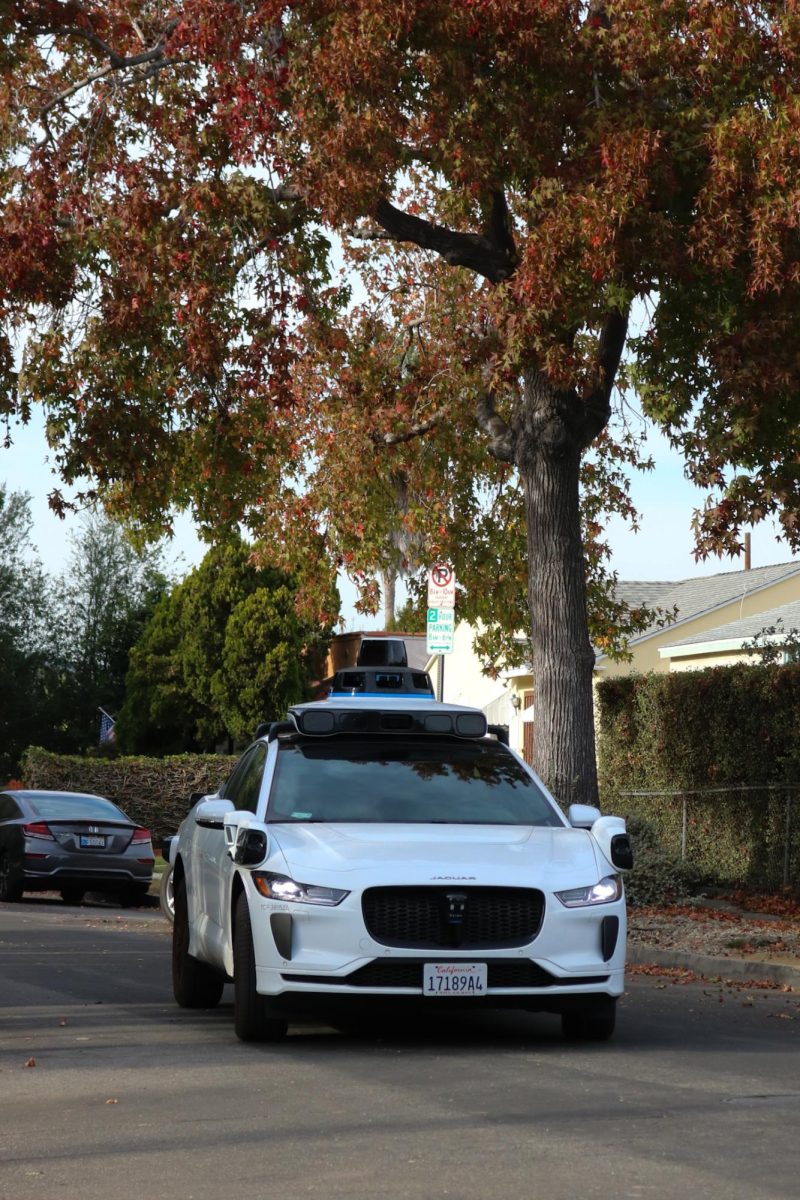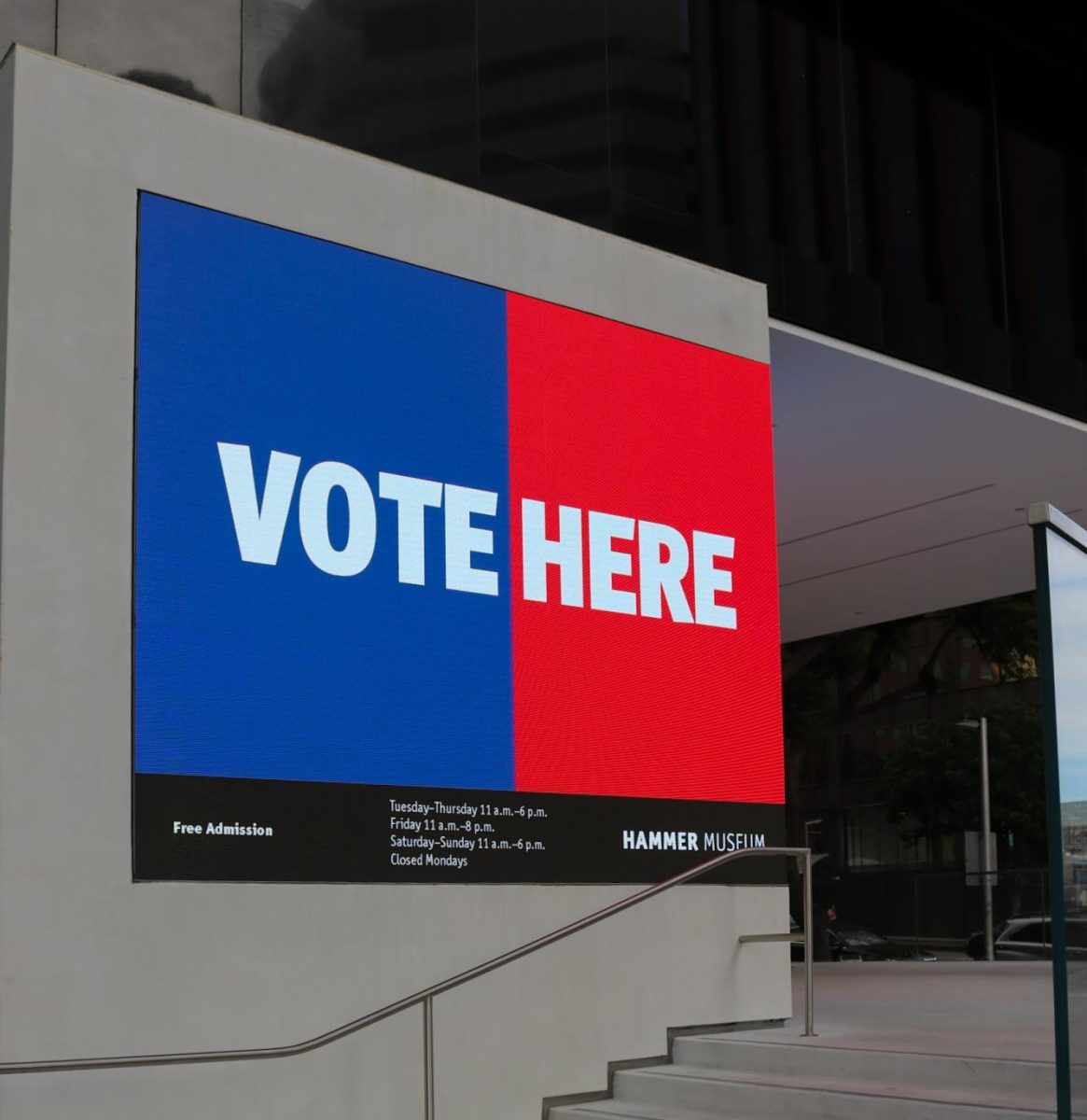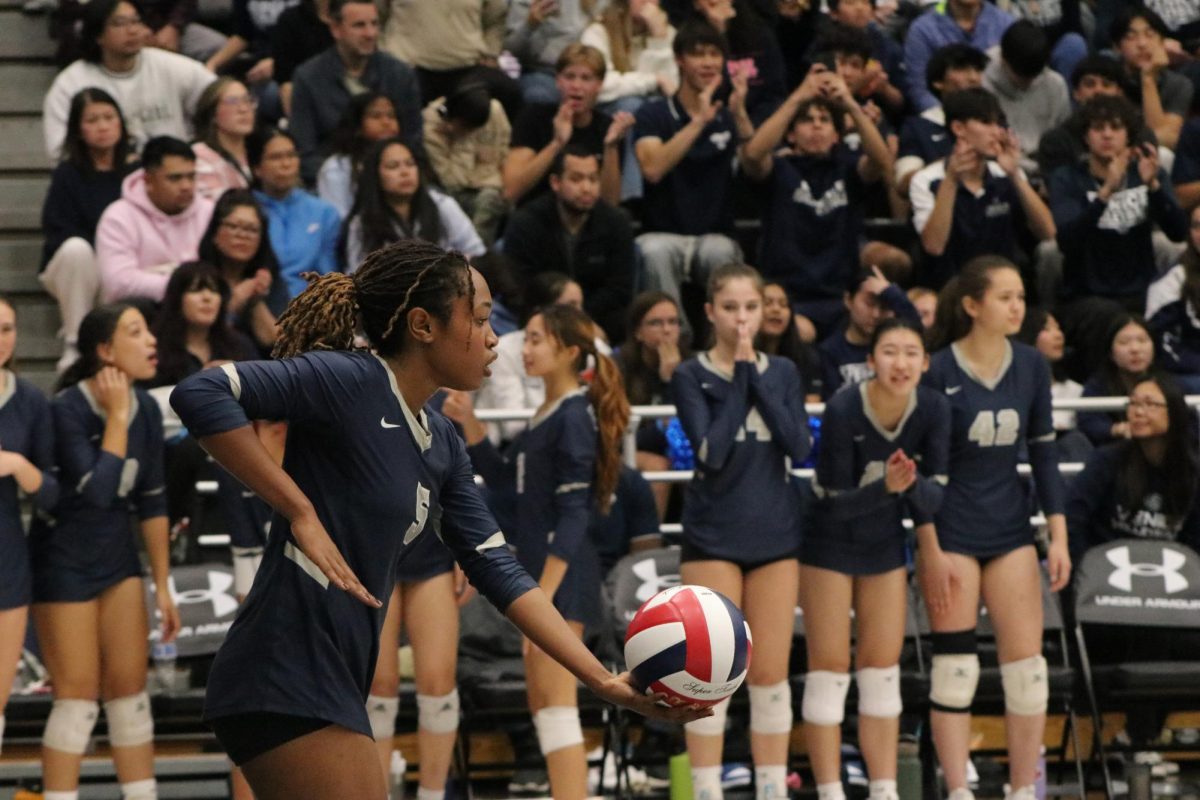Quick cooking videos, celebrity edits, dances and OOTDs may be coming to an end soon on TikTok. Influencers who made their debut on the platform will have to see if their followers will shift platforms with them, and many students’ favorite scrolling app might get banned.
The Senate recently approved legislation that mandates the divestment of TikTok by its parent company, ByteDance, a Chinese firm, or threatens a complete ban. President Biden enacted this into law the following day. The situation is expected to grow increasingly complex.
The legislative decision, rooted in national security worries linked to the app’s connections with China, was influenced by concerns from legislators and experts about potential Chinese government influence over ByteDance. They fear this could lead to misuse of the data from approximately 150 million American TikTok users or serve as a channel for disseminating propaganda.
Under the new law, TikTok may continue operations in the U.S. provided ByteDance divests from it within 270 days, a period extendable up to a year by the president.
This new regulation is anticipated to spark both legal disputes and resistance, possibly from the Chinese government, which might obstruct the sale or transfer of the necessary technology. Additionally, the feasibility of finding a buyer for TikTok, given its significant valuation, remains uncertain.
The resolution of this issue could span several months to years, during which TikTok is likely to remain accessible to American users.
In response, TikTok’s CEO, Shou Chew, reassured users of the platform’s intent to contest the law, stating in a video message, “Rest assured, we aren’t going anywhere. We are confident, and we will keep fighting for your rights in the courts.”
TikTok is set to challenge the new legislation in court.
Venice students believe that the ban is negative as it prevents people from expressing themselves.
“I think it’s stupid as TikTok is a way to express culture and connect with different people,” junior Isaac Jossel said.
WIth most TikTok’s users being between 18-34 years old, the youth is going to lose a lot of their voice with this ban, including students.
“TikTok getting banned to assist in silencing the younger generation. They know that people and movements inspired by TikTok have affected the world and keep people accountable.” senior Maggie Ford said. “When there is injustice there are always protests about it on TikTok.”
To justify the restrictions based on ByteDance’s ownership, the government will need to present compelling national security arguments. TikTok has previously succeeded in court on similar First Amendment grounds. Past attempts by the U.S. government to restrict or ban the app due to its Chinese connections were overturned by federal judges, citing the platform’s role in enabling expressive activities.
Estimations suggest that acquiring the U.S. operations of TikTok could cost tens of billions of dollars. ByteDance, valued at around $225 billion, is among the most valuable startups globally.
Antitrust concerns would likely prevent major tech companies like Meta or Google from purchasing TikTok. Instead, consortiums of private equity firms and other investors might be better positioned to raise the necessary capital.
Former Treasury Secretary Steven Mnuchin expressed interest in March about assembling such a group; however, any potential buyer must also gain approval from the U.S. government.
The Chinese government has the power to block the sale of TikTok. After the House passed a similar bill, Chinese officials expressed strong opposition, and existing export laws in China include regulations that could affect the sale or licensing of TikTok’s algorithm.
The recent legislative measures to potentially force the sale of TikTok by its Chinese owner ByteDance or to ban the app outright in the United States have stirred a lot of debates. However, several compelling reasons support why this move could be beneficial:
1. Enhancing National Security
The primary justification for the legislation is national security. Concerns that the Chinese government could access sensitive user data or manipulate the platform to spread disinformation are significant.
By requiring ByteDance to divest TikTok to a non-Chinese entity, the U.S. aims to protect its citizens from potential espionage and influence operations that comprise personal and national security.
2. Safeguarding User Privacy
User privacy is another critical issue. With millions of Americans using TikTok daily, the volume of personal data at stake is vast.
Removing the control of this data from a company under Chinese jurisdiction, where companies are legally obliged to cooperate with intelligence work as per national laws, would likely increase the privacy protection of American users.
3. Promoting Free Speech
By transitioning ownership of TikTok to a company based in a country with stringent free speech protections, there is a potential to better align the platform’s operations with the First Amendment values. This could ensure that content moderation policies are not influenced by a foreign government’s censorship norms, thus supporting the expressive freedom of U.S. TikTok users.
Senior Elena Yamada feels the ban is negative and not based on facts.
“It’s ridiculous—the reasoning for it to be banned is ludicrous,” she said. “Congress is claiming that TikTok is spreading false information as well as spreading anti-American propaganda- which is laughable as that is probable on every social media platform.”
Yamada also thinks the negotiations are bogus.
“During negotiations with the CEO, the two options congress is giving is to either sell it or get banned,” she said. “If it was truly a breach of security, then there should not be the option to just sell it.”
The government has given TikTok plenty of time for a sale, and only time will tell if a deal is formed. If a deal is even formed for a sale with an American company, TikTok will likely not be the same app as it is known as today.


